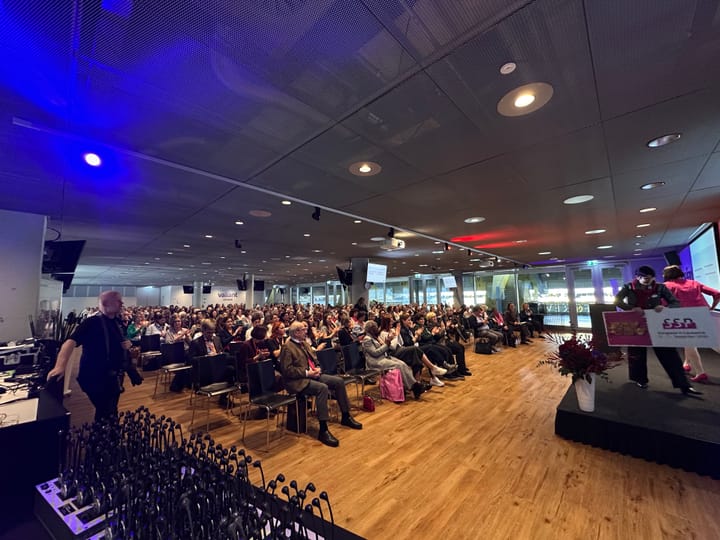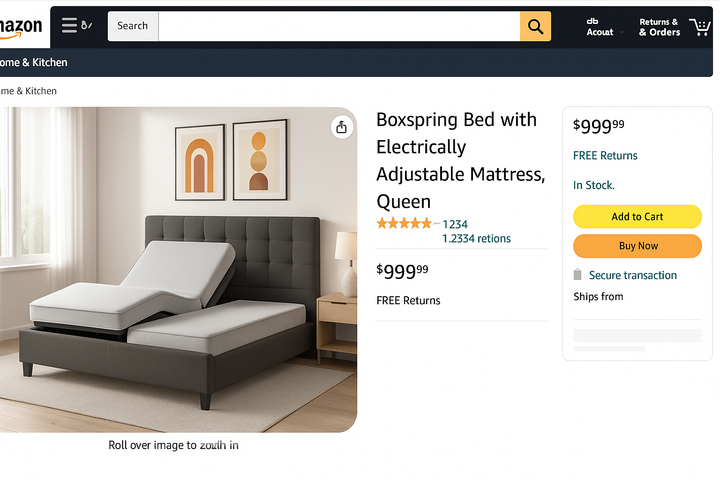Marketing Is Not Dead—You’re Just Doing It Wrong
Marketing has quietly become one of the most misunderstood disciplines in modern business. While everyone talks about content and automation, very few actually do it well. Here’s what that means—and why real marketing still matters more than ever.

Why Marketing Feels Broken
At some point in the past few years, a strange thing happened. Marketing, once a craft honed through storytelling, customer insight, and endless experimentation, started getting treated like a vending machine. Plug in an AI tool, churn out 20 blog posts, and wait for leads to pour in. Easy, right?
Except it’s not working. At least not for most.
The problem isn’t that marketing is obsolete—it’s that we’ve forgotten what marketing actually is. It’s not just SEO. It’s not just paid ads. And it sure as hell isn’t just feeding prompts into ChatGPT. Marketing, at its core, is the ability to create understanding and desire. That’s still true whether your customer finds you through Google, a podcast, or a chatbot in a large language model.
Content Without Context Is Just Noise
Every founder I speak with knows they “should be doing more content.” What they really mean is: they’re hoping content will somehow unlock growth. But few are doing it systematically. Even fewer are tailoring it to the actual use cases of their products.
Let me give you a real-world example. One of my clients had a great software tool that could be used by architects, real estate developers, and ESG consultants. Three different audiences. Three different languages. But their website? One-size-fits-all. No use-case pages. No audience-specific funnels. No structured thought leadership.
We changed that. We created modular content pathways for each audience segment, tailored landing pages for search and model ingestion, and set up structured performance reviews to refine messaging. The result? Better SEO rankings, yes—but more importantly, better comprehension and trust from the audience.
And here’s the thing: this wasn’t rocket science. It was just… real marketing.
Are You Writing for Google—or the Machines That Read Google?
Here’s where it gets even more interesting: the way people find content is changing. Google is still powerful, but increasingly, people are discovering information through other systems—AI assistants, LLM-powered search, aggregators that summarize and contextualize your content.
That means we need to start thinking beyond metadata and keywords. We need to write content that explains products clearly, deeply, and structurally—so it can be understood not just by humans, but also by the machines that help those humans make decisions.
A good product page today should read like a thoughtful, semantically rich source of truth. It should answer questions, anticipate use cases, and offer enough context to be cited by an LLM trained on the open web.
This is where most businesses are failing right now—and where the opportunity lies.
Systematic, Not Sporadic
Here’s the truth: doing marketing well today means creating systems, not campaigns.
That doesn’t mean you need 100 pieces of content. It means you need a reason for every piece you create—and a plan for how it fits into your funnel. It means defining which use cases you want to own, what your audience actually searches for, and how you’ll be discovered in a world of fragmented attention and machine-powered search.
This is what I help companies do. No judgment, no fluff. Just a hard look at what’s working, what’s not, and how we turn content into a lever for real business impact. Not just reach. Not just traffic. Impact.
An Open Invitation
If any of this resonates with you, consider this a gentle nudge. Every now and again I post a shout-out like this on my blog: I’m always open to new projects. My day might be full, but my mind never is. I want to meet people who are serious about doing meaningful work—and using marketing to make it visible.
If you’re building something good and want it to be seen, understood, and adopted, I’d love to have a conversation. Message me or follow me on social @rlivain, LinkedIn and let’s chat about how we can actually move the needle—not just pretend to.
Until then: keep marketing like it matters. Because it still does.


